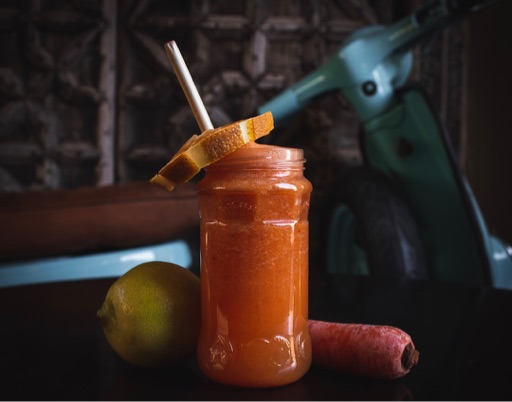Jenna Rizzo, a weight loss coach from Georgia, is sharing the three types of groceries banned from her home — individually wrapped pastries, sodas and fruit juices, and packaged vegan food.
“If you love these foods, go right ahead and eat them,” Rizzo advised her 83,000 TikTok followers in a video this month. “It’s just in my personal experience that these foods are just not generally conducive to overall health and weight loss goals, but it’s your life.”
Rizzo placed Little Debbie Snacks, HoneyBuns, and Pop-Tarts on her naughty list, explaining that these packaged pastries are ultra-processed foods, notorious for having lots of calories, sugar, fat, and salt and little to no vitamins or fiber.
“These foods are on the banned list because we know they really don’t provide a lot of nutritional value for us—very high in saturated fat, very high in processed sugar,” Rizzo elaborated. Yet these disgraced foodstuffs are responsible for an astounding 60% of Americans’ daily caloric intake. UPFs have been tied to 32 poor health outcomes, including a higher risk of cardiovascular disease, cancer, metabolic syndrome, obesity, non-alcoholic fatty liver disease, Type 2 diabetes, and even premature death.
However, that doesn’t mean Rizzo completely eschews sweets. “I love sweets so much,” she shared. “If I want a pastry, I’m gonna go to my local bakery and get something that was made fresh and with love, not something that’s meant to be shelf-stable for 13 months.”
Regarding sodas and fruit juices, Rizzo stated, “We know soda is not the healthiest thing.” Sodas have long held a poor reputation for containing plenty of sugar and calories but no vitamins, minerals, or fiber. She points out that fruit juices typically surprise a lot of people. “That’s because they’re thinking they’re drinking this good, healthy thing. In reality, most juices are just like a bunch of processed sugar made to taste like grapes or apples.”
According to a 2023 study in the journal Nutrients, sugar-sweetened beverages — which include soft drinks, fruit drinks, sports drinks, and sweetened coffee and tea refreshments — provide the most added sugar in the American adult diet. Nearly seven in 10 adults include these beverages in their weekly diet, with 38% admitting they drink at least one or more a day. Consumers of SSBs run the risk of gaining weight, developing Type 2 diabetes and heart disease, experiencing tooth decay, and impairing brain function. Rizzo prefers making fruit juice at home so she can control the ingredients.
Lastly, Rizzo’s caution extends to packaged vegan food. She clarifies that her beef is specifically with vegan UPFs — not all vegan foods. “People see that label that it’s vegan and automatically think it’s going to be the healthier option,” Rizzo notes. A recent study linked plant-based UPFs to a 7% higher risk of cardiovascular disease than unprocessed plant-sourced foods. Rizzo finds it’s simply better to eat high-quality natural foods.

Source: New York Post





